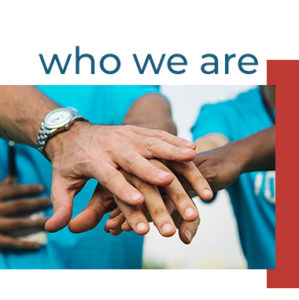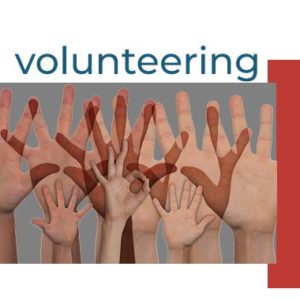Self-Care After Disaster Response
Volunteer Disaster Responder Self-Care Assessment
Since you voluntarily responded to the recent North Bay fires, have you…
- Felt like you’re in a fog or had trouble concentrating?
- Had trouble relaxing?
- Felt more tired than usual?
- Refused to take breaks?
- Found yourself short-tempered, irritable, or had a hard time managing your emotions?
- Had trouble making decisions, or have your decisions felt unsafe?
- Experienced feelings of guilt or self-doubt?
- Had difficulty remembering duties or instructions?
- Had physical symptoms such as headaches, colds, stomachaches, etc?
- Felt more anxious about your safety or the safety of others?
If you answered “yes” to one or more of these questions, we encourage you to attend one of our self-care workshops for volunteer disaster responders, dates in process.
Can’t make it? Reach out for support from friends, loved ones, or mental health professionals. It’s always important to seek professional help if your feelings are to harm yourself, to harm others, or if you are concerned about your substance use.
Crisis hotline: 415-499-1100
Developed by CVNL in partnership with Bay Area Community Resources
Self-Care After Disaster Response
It is important for volunteers and those involved in disaster response to take good care of themselves. Below are some suggestions for how to practice good self-care.
During a Response
- Acknowledge it is stressful
- It is OK to have stress reactions
- Take breaks away from the disaster scene and survivors
- “Time to Take Five”
- Recognize and heed signs of stress
- Limit exposure to trauma and distress
- Drink enough water and eat healthy food
- Rely on the Incident Command System (ICS, chain of command), your teammates, and social support networks
- Use stress management tools that work for you, such as
- Stretches or exercises (yoga, calisthenics, Tai chi, walking)
- Music
- Medication or prayer
- “4 for Calm” breathing (breathe in for four counts, out for four counts, do this four times)
- Practice Supportive Self-Talk (see below)
Realistic Supportive Self-Talk
Calming phrases can help reduce distressing emotions. This includes prayers or meditations to help calm us – Prayer of St. Francis or the Buddhist Metta Bhavana (Loving-Kindness Meditation).
| Distressing Emotion | Realistic Supportive Self-Talk |
| Guilty | “Good enough has to be good enough” |
| Exhausted | “It’s not all on me.” |
| Overwhelmed | “Take one piece at a time.” |
| Frustrated | “I can only control myself.” |
| Not feeling calm, caring, competent | “I’m here to help. It doesn’t matter how I feel. It matters what I do.” |
Developed by: Elizabeth McMahon, PhD and Susan Schmitz, MAIDP
Following a Response
- Allow time to deal with reactions
- Maintain social systems with loved ones and friends
- Meet up with teammates or other responders to talk about experiences
- Limit viewing of disaster on media to keep from re-living events too frequently
- Avoid over-identifying with survivors
- Write down experiences (journaling, blogging)
- Practice stress management activities frequently
- Surround self with positivity (loved ones, pets, safe and comforting surroundings)
- Play with pets or others’ pets
- Watch for reactions that last more than a month or impact relationships
- ALWAYS get support for suicidal thoughts, substance overuse, or violent activities
(Excerpt from the community education course “Psychological First Aid for Volunteer Responders” created by Elizabeth MacMahon, PhD and Susan Schmitz, MAIDP)








